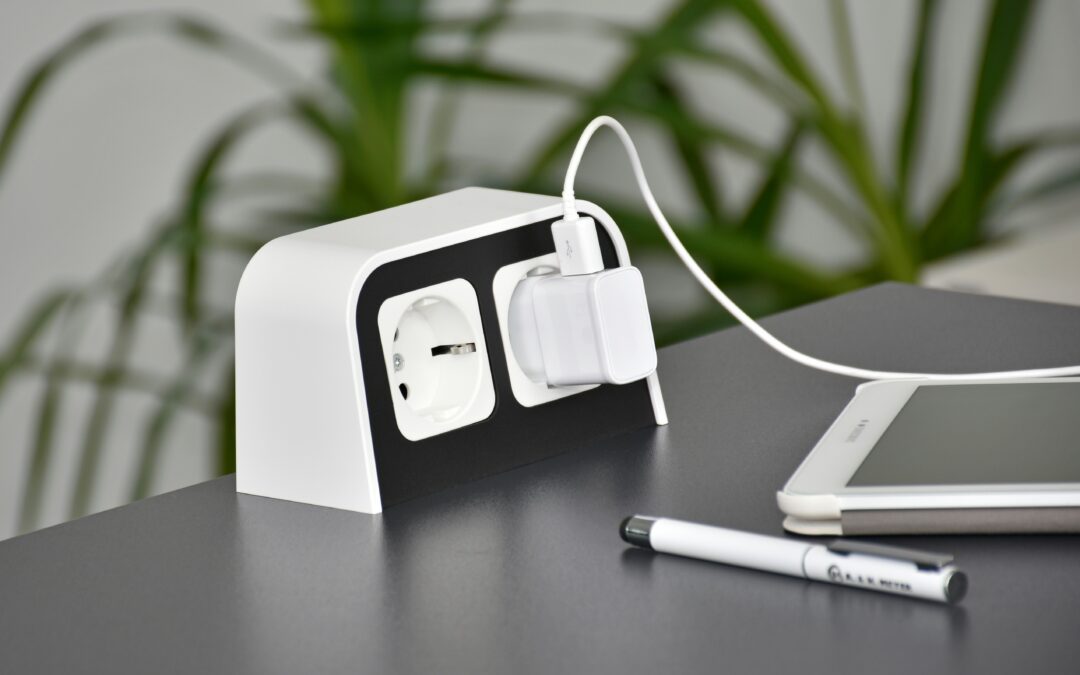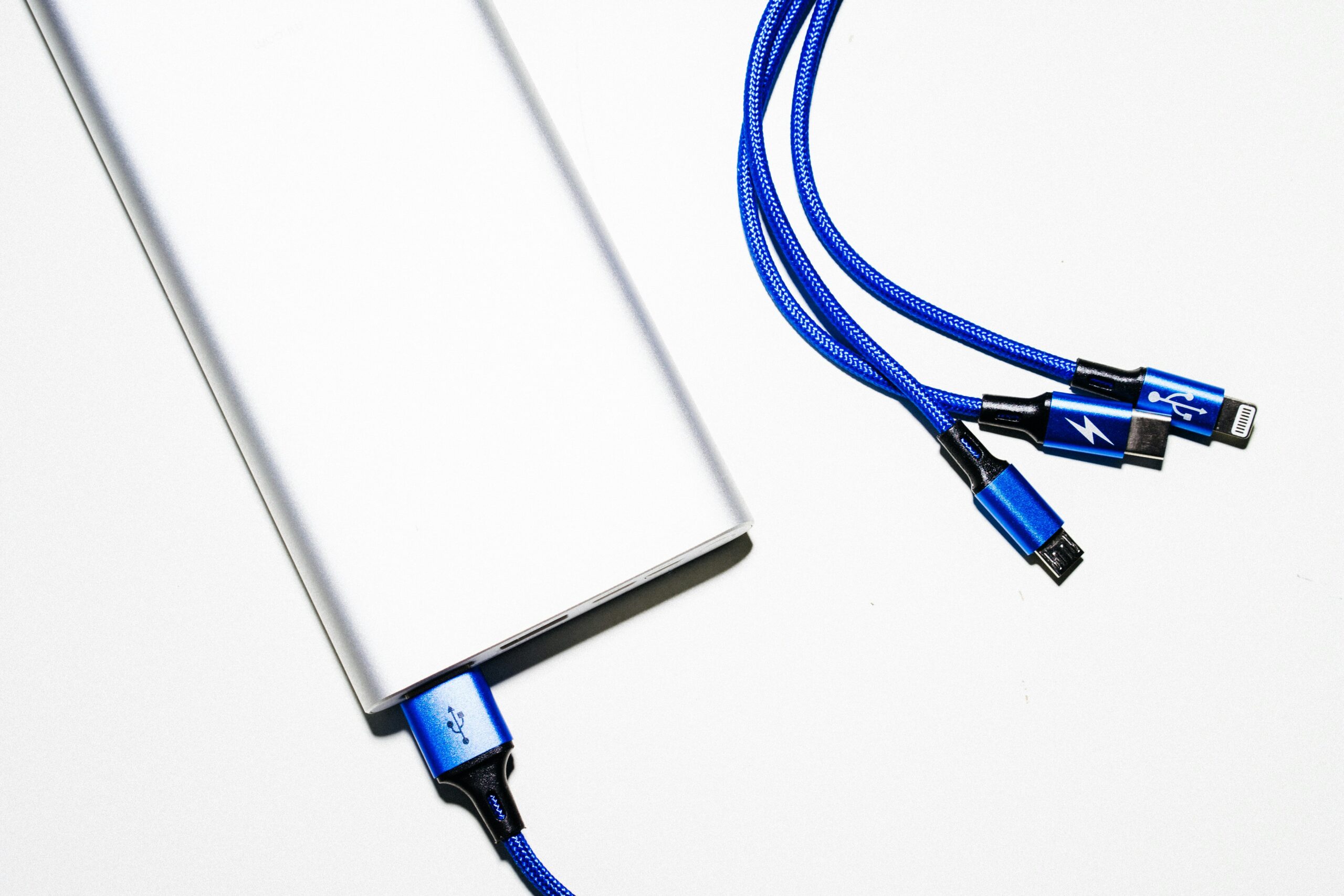I’ve often wondered what happens to my internet connection during a power outage. With so much of our daily lives tied to being online, it’s natural to question whether a router can keep working without electricity. After all, it’s the backbone of our home networks, quietly ensuring everything stays connected.
The idea of staying online during a blackout might sound appealing, but routers, like most electronic devices, rely on electricity to function. However, there are a few clever workarounds that can keep your internet running, even when the lights go out. Let’s explore what makes a router tick and how you can stay connected when the power’s out.
What Happens To A Router During A Power Outage?
A router stops functioning when there’s no electricity, as it relies on a constant power source to operate. Its internal components, including the processor and memory, cease to function, disrupting its ability to manage network traffic.
The router’s wireless signal disappears, preventing devices from connecting to the network. Wired connections to the router also fail to transmit data. Even if an internet service provider’s network is operational, the router cannot communicate with it during an outage without power.
Network-dependent devices like smart home systems, security cameras, and streaming services lose internet access. As a result, any remote monitoring or automation becomes temporarily unavailable.
Can A Router Work Without Electricity?
A router cannot directly function without electricity. Its internal components, like the processor and memory, depend on a steady power supply to run.
Scenarios Where A Router Might Operate
A router may function during power outages with alternate energy sources. External backup systems like UPS devices (uninterruptible power supplies) provide temporary electricity. Rechargeable power banks designed for routers can also keep them running for short periods. Solar-powered setups, although less common, can ensure operation in locations with adequate sunlight.
In all cases, the router requires consistent energy as a direct power source isn’t available. Additionally, the connected modem and ISP must be operable during outages for uninterrupted access.
Limitations Without Power Supply
Without electricity or backup power, a router’s operational capacity is entirely hindered. Internet-dependent devices fail to communicate with the router, pausing all networking functions. Smart home systems, streaming devices, and IoT technologies lose their capabilities. Similarly, a connected modem or ISP network maintenance does not guarantee internet services when the router is powerless.
Even with backup systems in place, prolonged interruptions may overrun temporary power reserves. Battery capacities and alternate supply limits impact the duration routers can stay operational.
Power Solutions For Routers
Routers rely on electricity to function, but power outages don’t have to disrupt internet access entirely. Several power solutions can keep routers operational during outages.
Uninterruptible Power Supplies (UPS)
A UPS provides backup power for routers during blackouts. It includes rechargeable batteries that supply electricity automatically when the main power source fails. A small UPS designed for routers can sustain power for 1 to 4 hours, depending on the model and router power consumption. For added convenience, many UPS units include surge protection to shield connected devices from power fluctuations.
Portable Power Banks And Batteries
Power banks with DC outputs or those featuring AC inverter plugs are another option. When connected, they can power routers for up to 6 hours, depending on capacity and usage. Some models specifically designed for networking devices include adjustable voltage settings, ensuring compatibility with various router power requirements.
Alternative Energy Sources
Solar systems can provide a sustainable solution for keeping routers powered in areas with reliable sunlight. These setups include solar panels, inverters, and battery storage systems. While initial costs are higher, solar energy offers a long-term solution for extended outages. Small, portable solar chargers can also be used with compatible routers when portability and short-term usage are priorities.
Advantages And Disadvantages Of Using Power Solutions
Power solutions keep routers operational during outages, maintaining essential internet connectivity. However, these solutions have both benefits and challenges.
Benefits Of Staying Connected
Alternative power sources enable uninterrupted internet access during blackouts. This helps maintain smart home functions, allows remote monitoring of security cameras, and supports continuous work from home activities. UPS systems ensure consistent power delivery, providing stability to connected devices like routers, modems, and computers. Solar-powered setups offer a sustainable option, conserving energy and reducing reliance on electricity grids.
Challenges And Costs
Backup power solutions often involve upfront costs and maintenance. High-capacity UPS models range from $100 to $400, while solar installations and batteries may exceed $1,000. Portable power banks, although affordable at $50 to $200, have limited operational duration. Solar systems require suitable sunlight conditions, reducing efficiency in cloudy climates. Over time, battery replacements and component upgrades add to long-term expenses. Additionally, improper setup can cause inefficiencies or device damage, reducing reliability.
Conclusion
A router’s reliance on electricity makes it vulnerable during power outages, but alternative solutions can help bridge the gap. Backup systems like UPS devices, power banks, and solar-powered setups offer practical ways to maintain internet access when the power goes out. Each option has its benefits and limitations, so choosing the right one depends on your specific needs and circumstances.
Investing in reliable power solutions ensures uninterrupted connectivity, supporting everything from smart home devices to remote work. While some options may require a higher upfront cost, the peace of mind they provide during outages is well worth it.
Frequently Asked Questions
Can a router work during a power outage?
No, a router cannot function during a power outage unless it is connected to a backup power source. It relies on electricity to power its internal components and maintain network connectivity.
Does an uninterruptible power supply (UPS) help keep a router running?
Yes, a UPS can provide backup power to a router during an outage. Depending on the model, it can keep your router operational for 1 to 4 hours and often includes surge protection.
Are power banks effective for powering routers during blackouts?
Yes, power banks with DC outputs or AC inverter plugs can power routers temporarily, usually lasting up to 6 hours. They are portable and effective for short-term outages.
How does solar energy help keep routers operational during outages?
Solar energy systems, including portable solar chargers, can provide sustainable power for routers. While small chargers are suitable for short-term use, larger setups can handle prolonged outages.
What are the drawbacks of using backup power solutions for routers?
Backup power solutions can be expensive, require maintenance, and may have limited durations. Additionally, improper setup can cause inefficiencies or damage devices.
Why does the internet stop working even if the ISP network is operational?
Without power, your router cannot communicate with your ISP’s network, halting all wireless and wired connections. This disconnects all internet-dependent devices in your home.
What happens to smart home devices during a power outage?
Smart home devices lose internet connectivity during power outages. This disrupts remote monitoring, automation, and real-time updates from devices like security cameras and thermostats.
How long can a router run on a UPS or power bank during an outage?
A router can typically run for 1 to 4 hours on a UPS and up to 6 hours on a high-capacity power bank, depending on the device model and energy consumption.
Are solar-powered setups for routers cost-effective?
Solar-powered setups have high initial costs but offer a sustainable solution for prolonged outages. Their efficiency depends on weather conditions and system quality.
Can improper use of backup systems damage my router?
Yes, improper setup or use of backup systems like power banks or UPS units can damage your router. Ensure compatibility and follow manufacturer guidelines to avoid potential issues.


